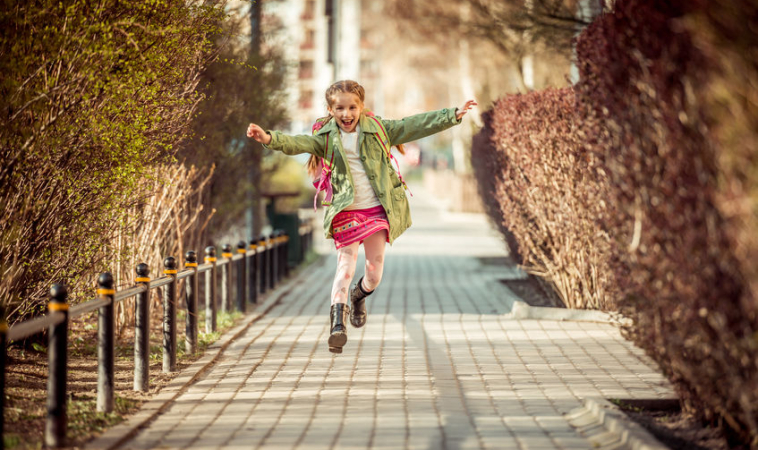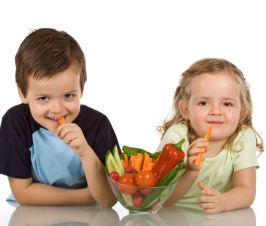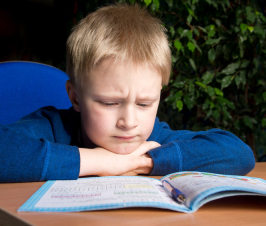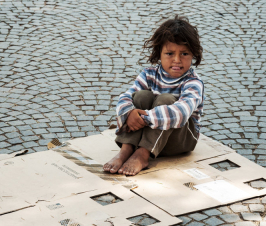Node Smith, ND
I Hated Riding the Bus to School
When I was growing up, I remember hating the bus ride to school. However, a recent doctoral thesis from Karlstad University has me questioning whether it may have been a beneficial experience. According to the dissertation, the mode of transportation and the activities during the trip to school may affect children’s achievement in school, as well as their well-being.
More Independence = More Growth
Jessica Westman, PhD in Psychology at CTF, Service Research Center at Karlstad University, discusses how more independent modes of transportation to school may help children grow socially and feel better. In her own words she says, “children who do not travel independently, ie without parents’ supervision, lose natural opportunities to explore their neighborhood and to interact with friends on their own. As a result, they become less independent and secure in their immediate environment. Thus, the increased car travel may on some levels be related to children’s decrease in wellbeing”
Consider the Road to School Paved with Safe and Appropriate Intentions
Westman’s research is done in Sweden, where she mentions, parents “consider the road to school safe and appropriate for children to travel independently. Yet, they choose the car.” This may not be the scenario in other parts of the world, like the U.S. However, it still opens up a wider question as to how the transition time between home and school – the trip to school – affects children.
Brain Activation via Socializing is a “Warm-up” for the Day Ahead
Independent travel may be beneficial for many children, though the activity which occurs during a bus ride, or a walk to school may also be a huge factor in producing well-being. Activating the brain through socializing and/or movement makes a lot of sense as a “warm-up” for a day at school. Adults strive for this type of morning routine, often stopping for coffee on the way to work, listening actively to a podcast, or even exercising first thing in the morning before work.
Car Travel is Practical but Could Benefit More by Livening-Up the Load
Westman’s suggestion for parents who choose to drive their children to school, for whatever reason, is very practical – make the trip more active. Instead of just loading the kids into the car and letting them sleep to the parking lot, try playing a fun game, listening to some music, and generally making the trip a little more fun and social.
Image Copyright: <a href=’https://www.123rf.com/profile_tan4ikk’>tan4ikk / 123RF Stock Photo</a>
 Node Smith, ND, is a naturopathic physician in Portland, OR and associate editor for NDNR. He has been instrumental in maintaining a firm connection to the philosophy and heritage of naturopathic medicine among the next generation of docs. He helped found the first multi-generational experiential retreat, which brings elders, alumni, and students together for a weekend camp-out where naturopathic medicine and medical philosophy are experienced in nature. Four years ago he helped found the non-profit, Association for Naturopathic ReVitalization (ANR), for which he serves as the board chairman. ANR has a mission to inspire health practitioners to embody the naturopathic principles through experiential education. Node also has a firm belief that the next era of naturopathic medicine will see a resurgence of in-patient facilities which use fasting, earthing, hydrotherapy and homeopathy to bring people back from chronic diseases of modern living; he is involved in numerous conversations and projects to bring about this vision.
Node Smith, ND, is a naturopathic physician in Portland, OR and associate editor for NDNR. He has been instrumental in maintaining a firm connection to the philosophy and heritage of naturopathic medicine among the next generation of docs. He helped found the first multi-generational experiential retreat, which brings elders, alumni, and students together for a weekend camp-out where naturopathic medicine and medical philosophy are experienced in nature. Four years ago he helped found the non-profit, Association for Naturopathic ReVitalization (ANR), for which he serves as the board chairman. ANR has a mission to inspire health practitioners to embody the naturopathic principles through experiential education. Node also has a firm belief that the next era of naturopathic medicine will see a resurgence of in-patient facilities which use fasting, earthing, hydrotherapy and homeopathy to bring people back from chronic diseases of modern living; he is involved in numerous conversations and projects to bring about this vision.

















